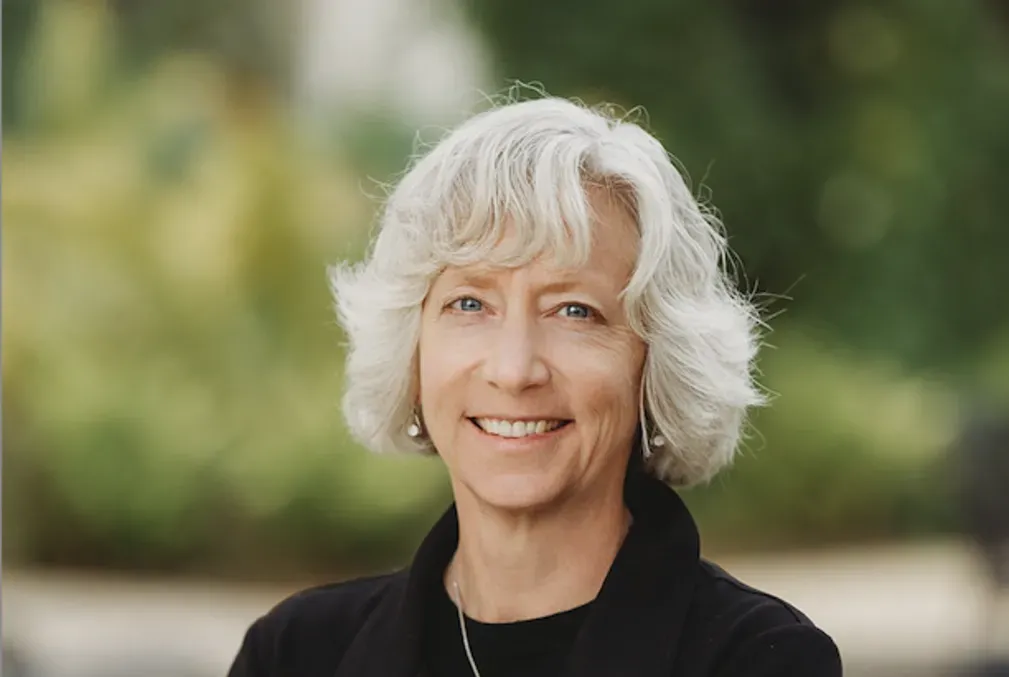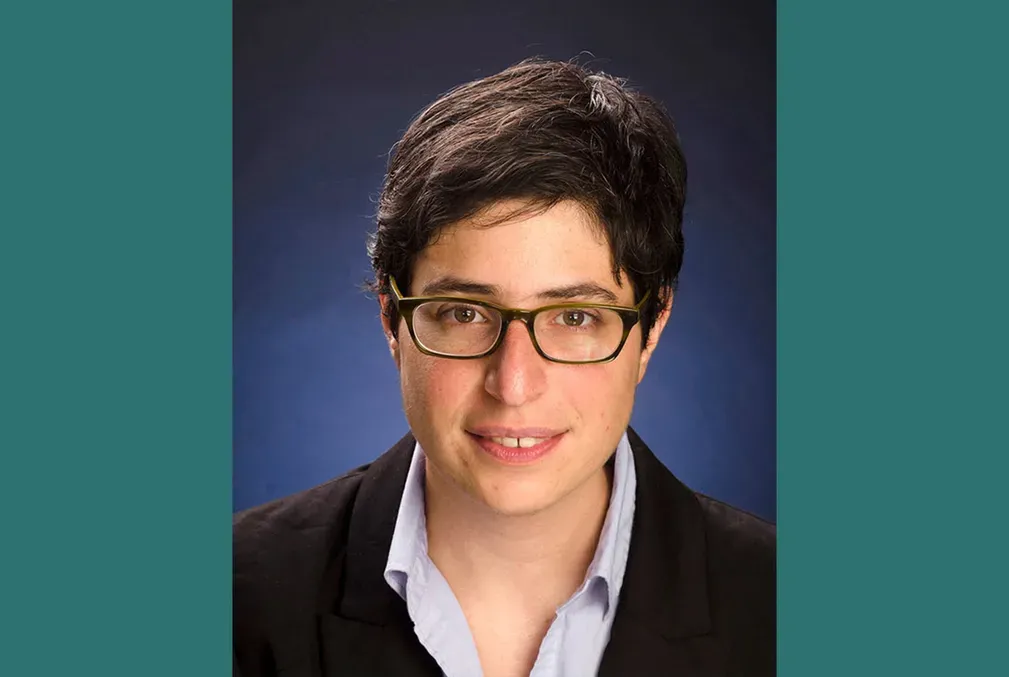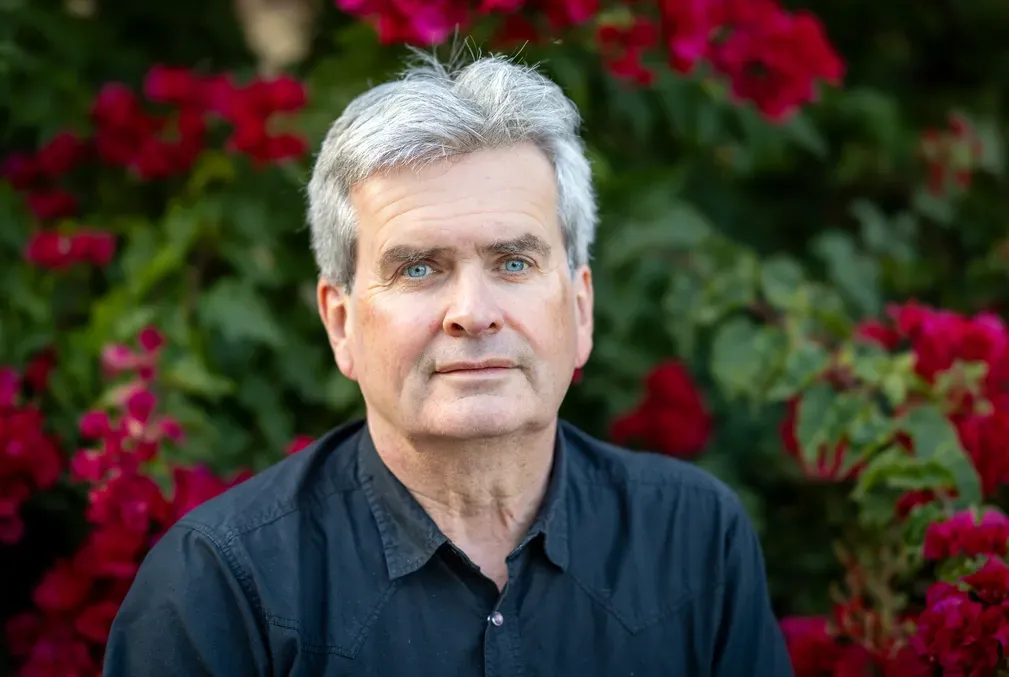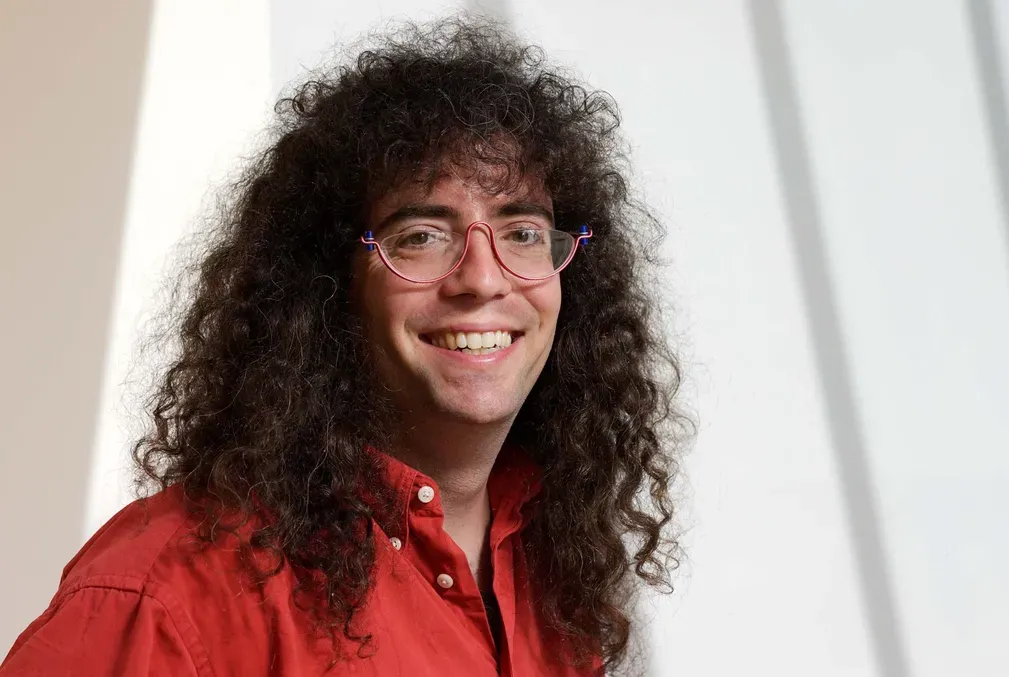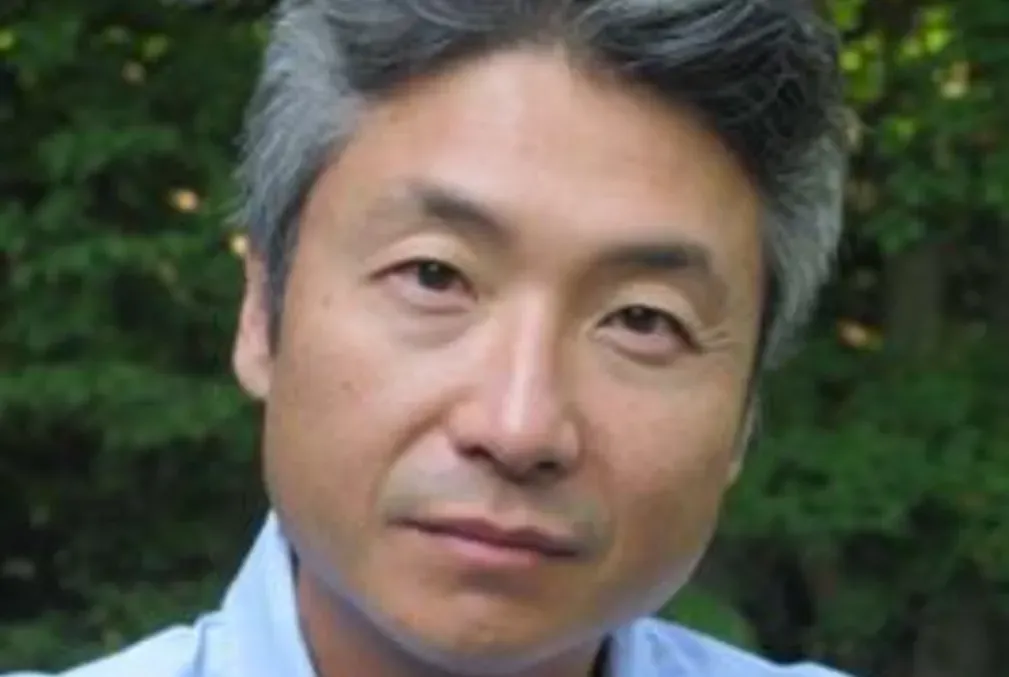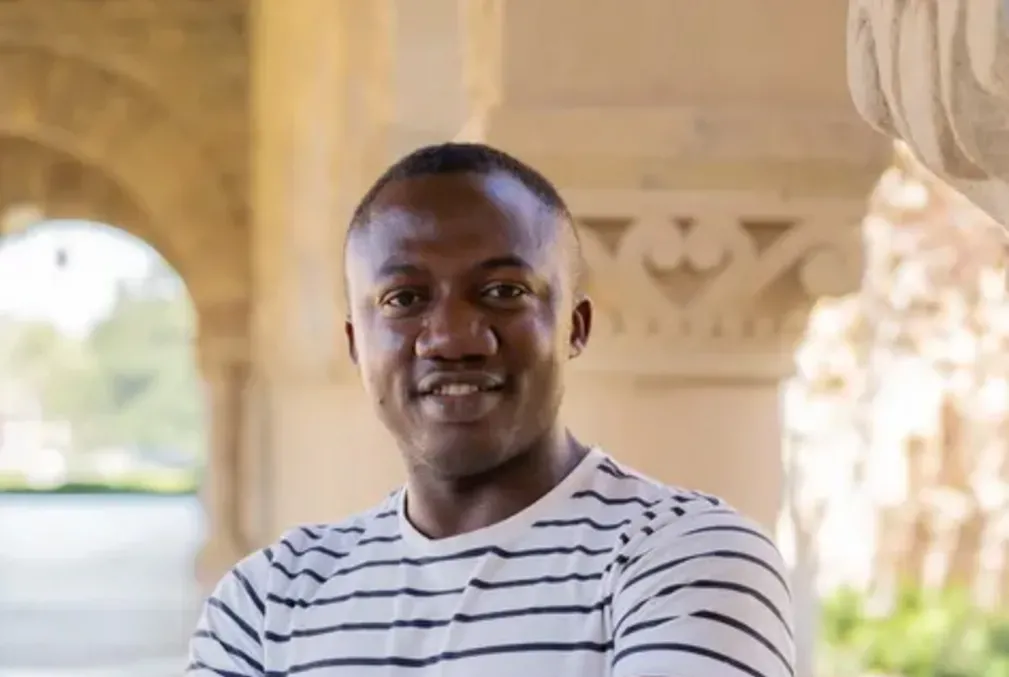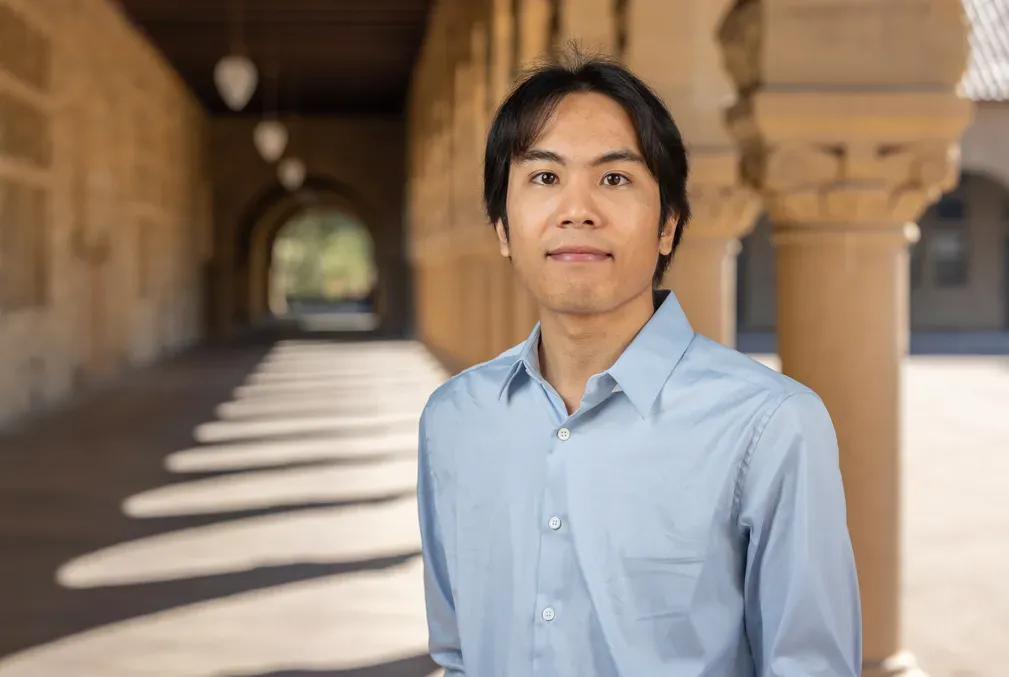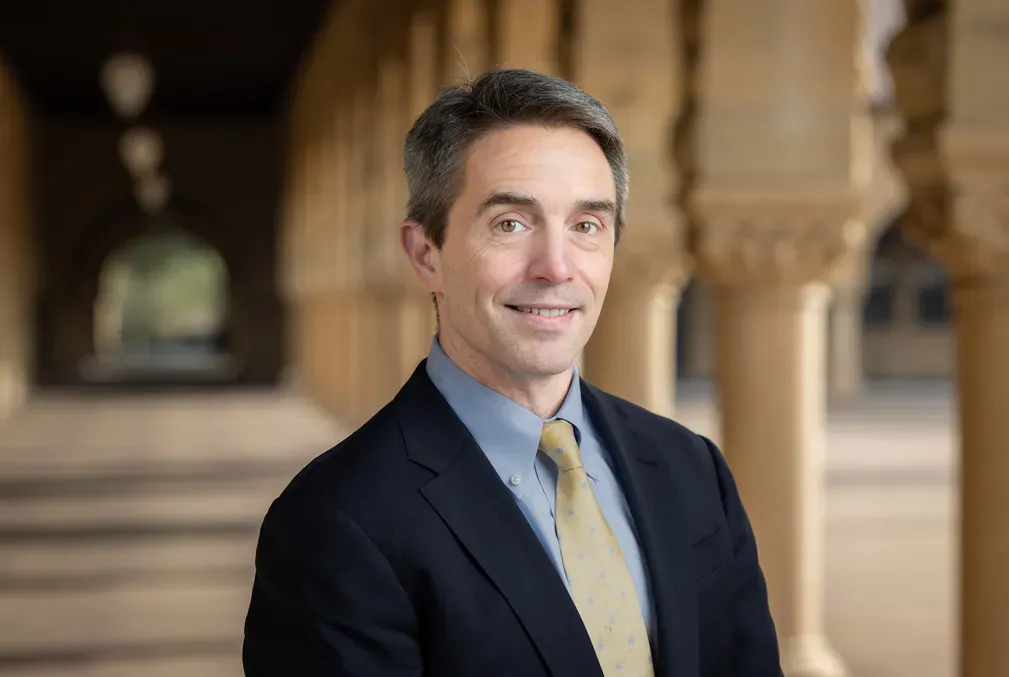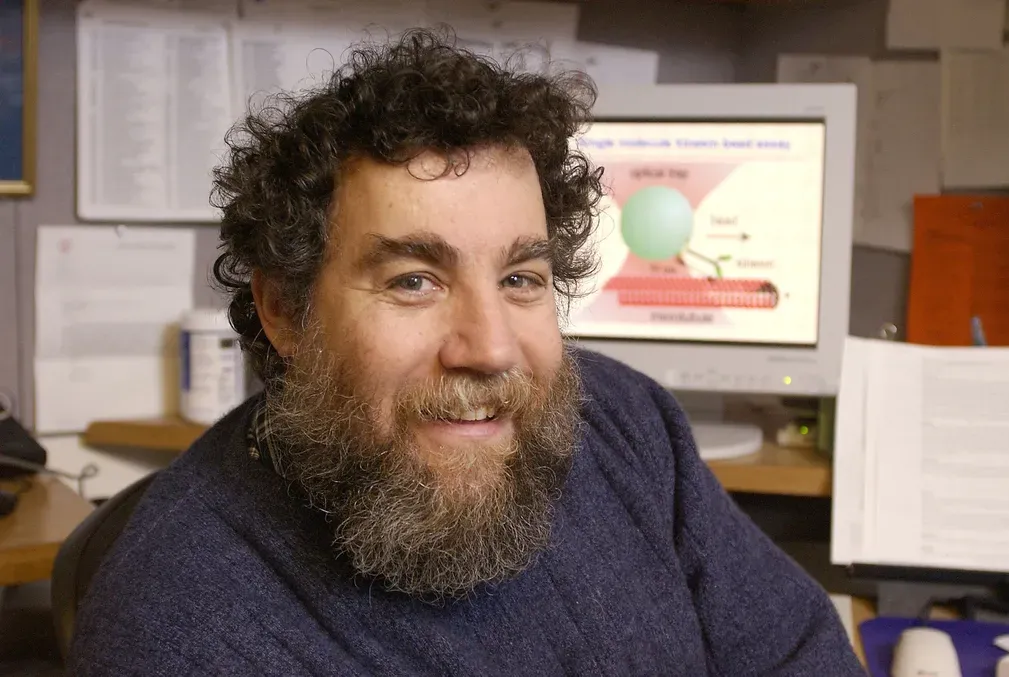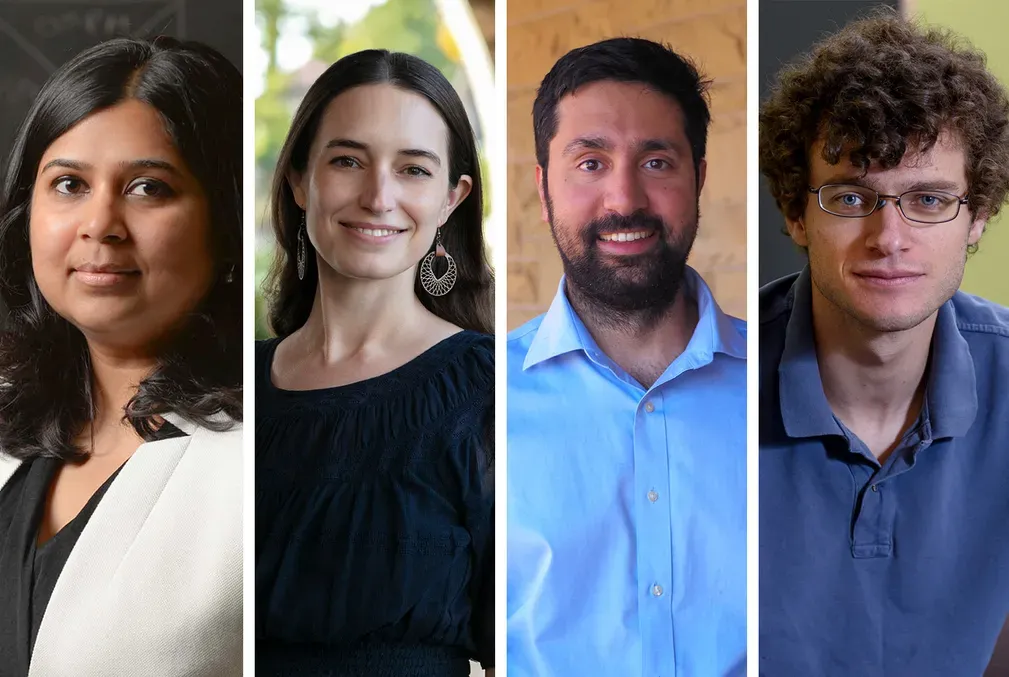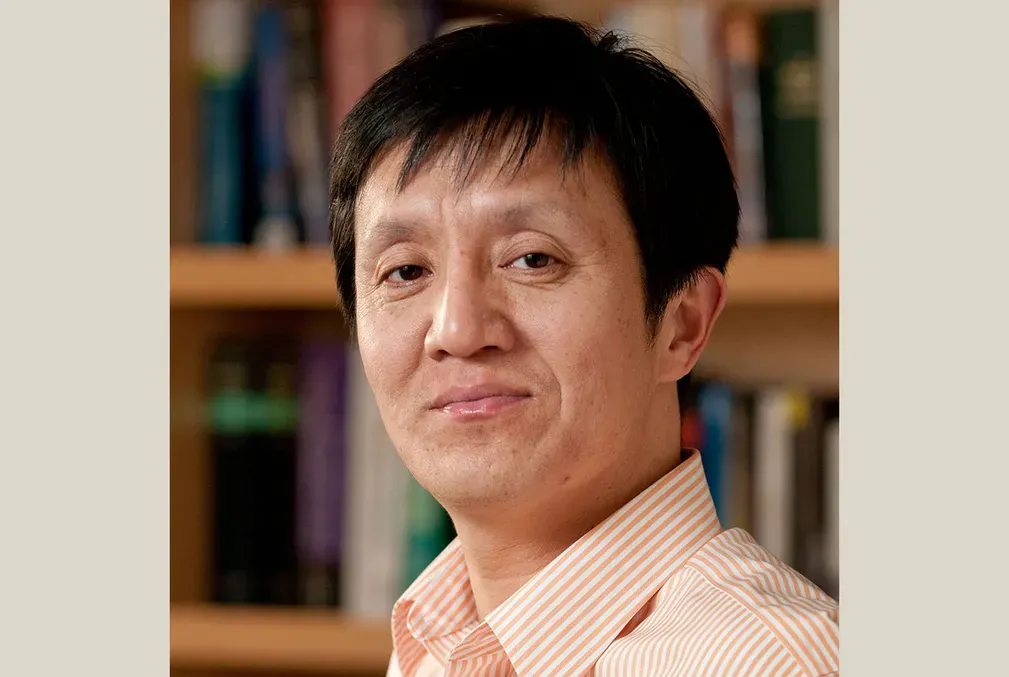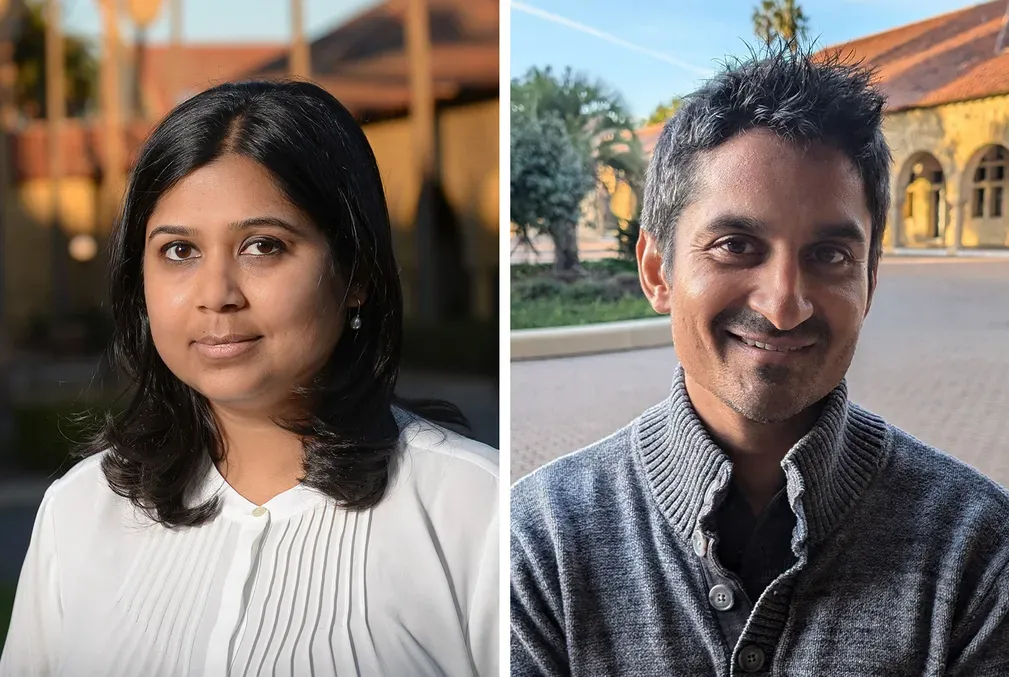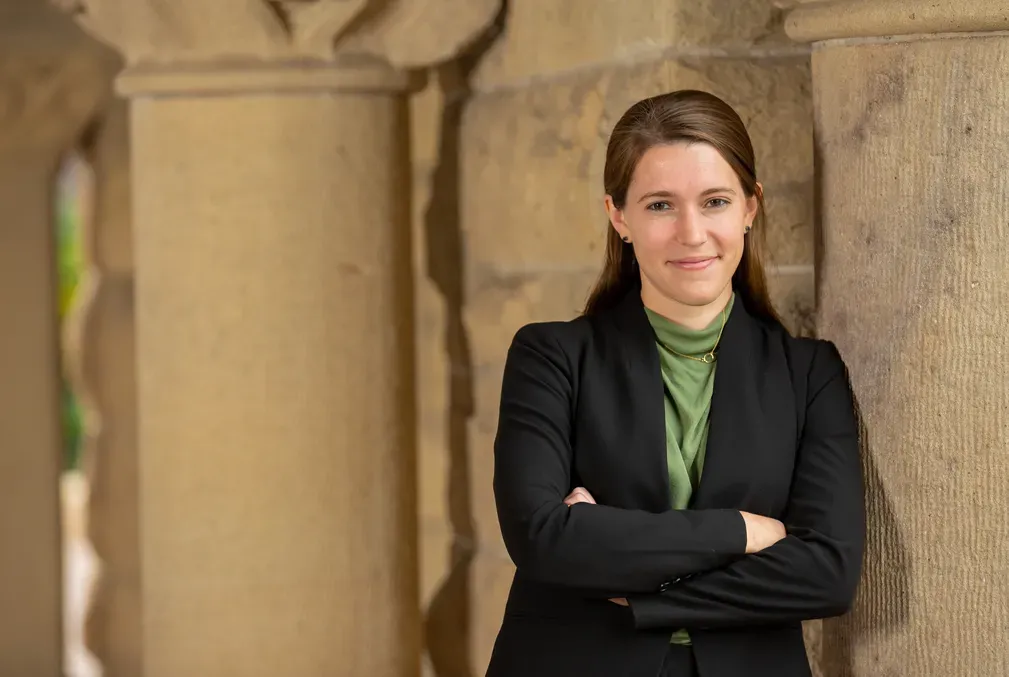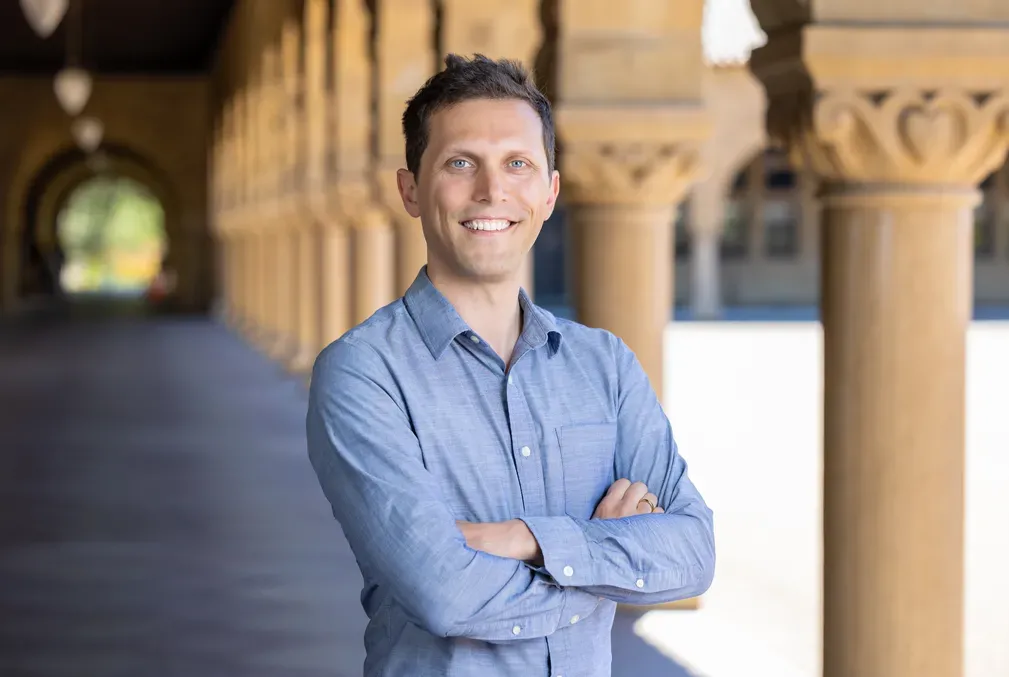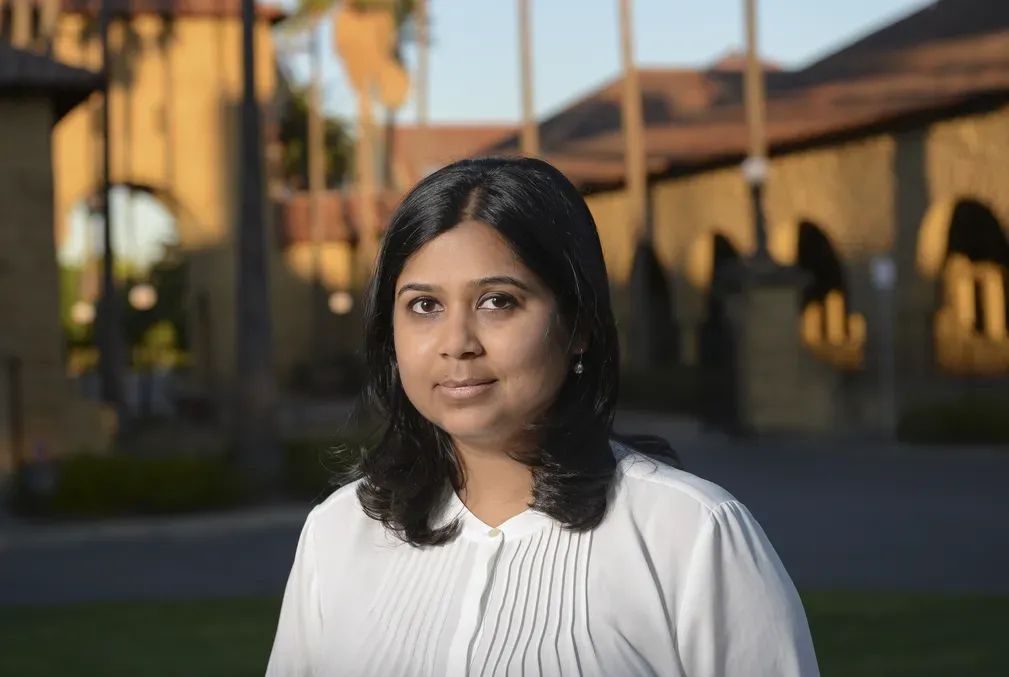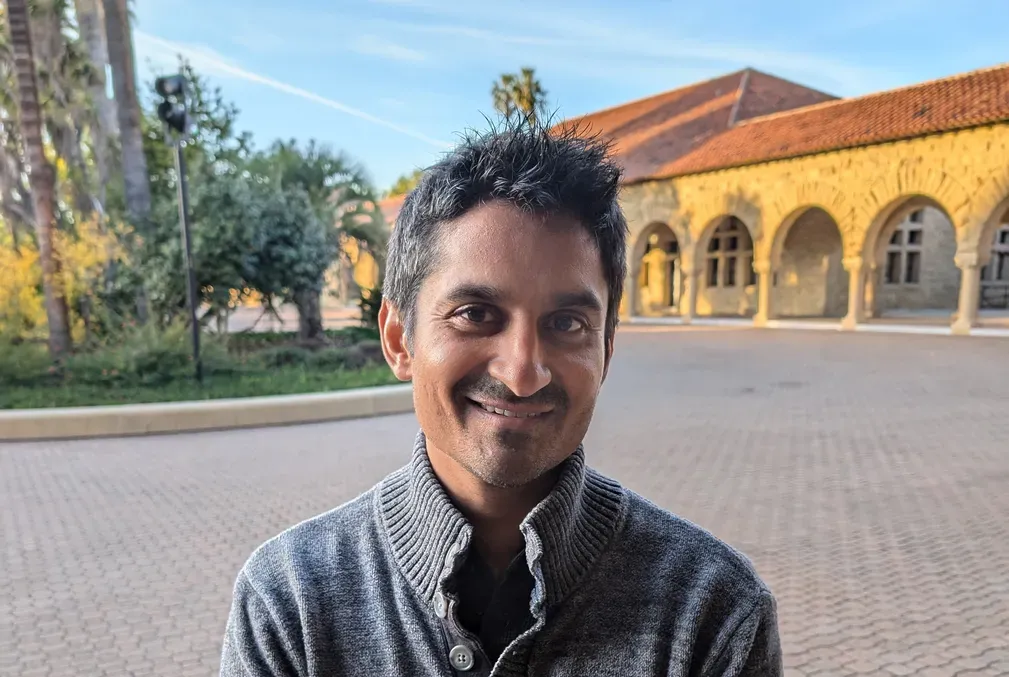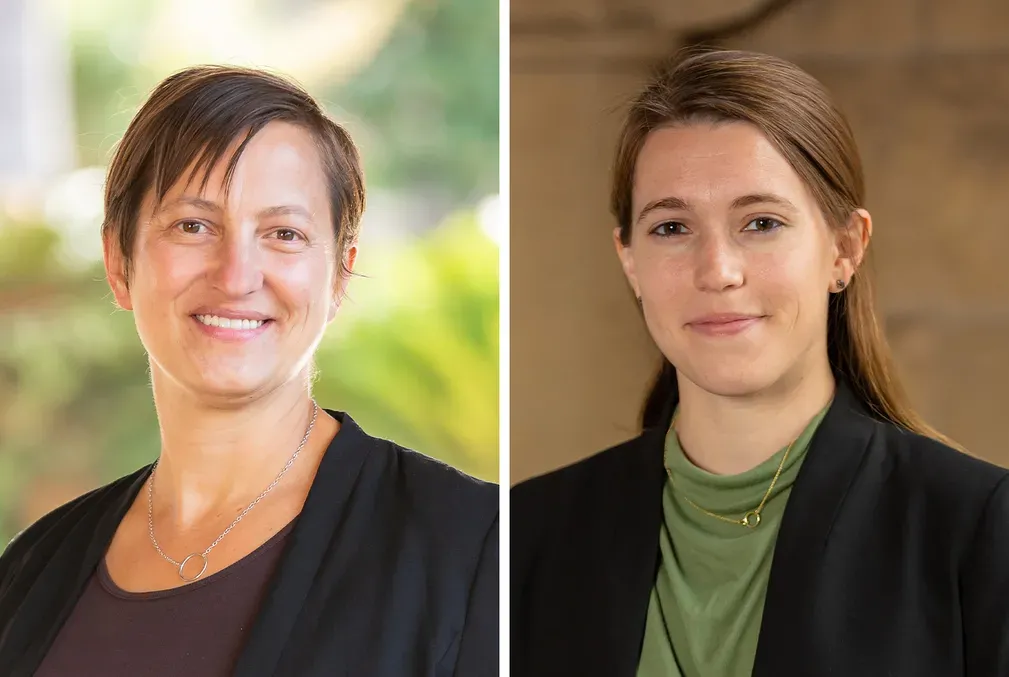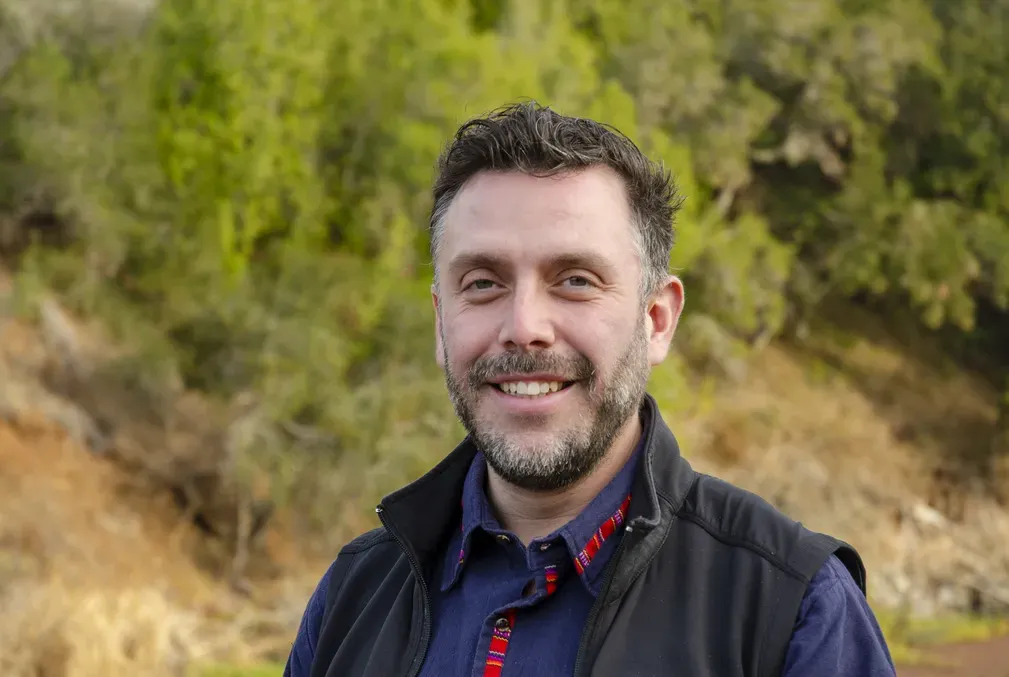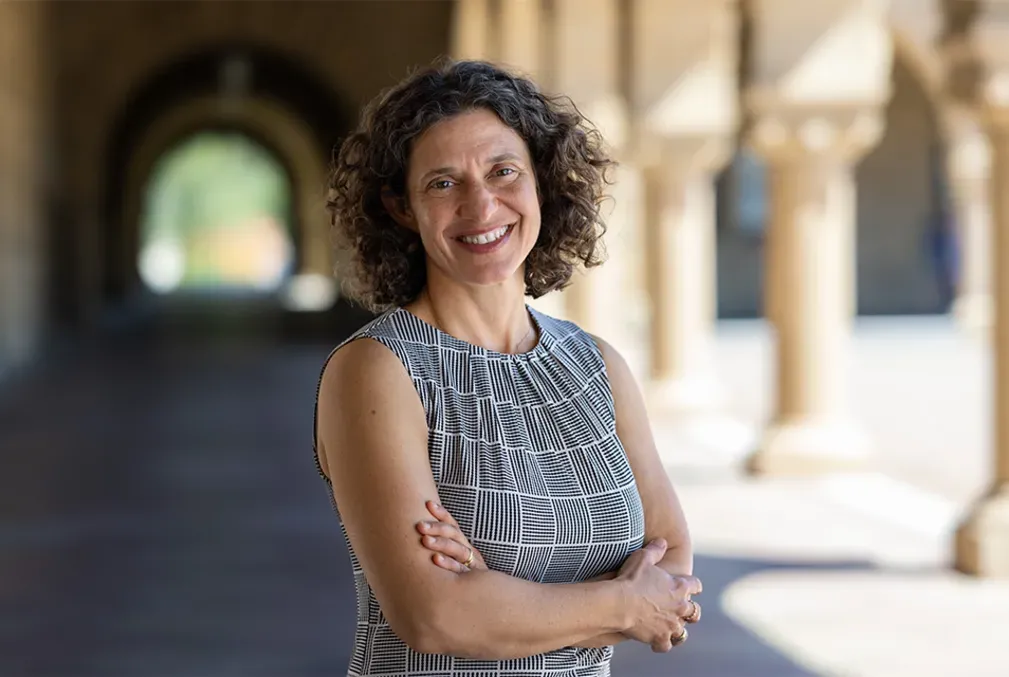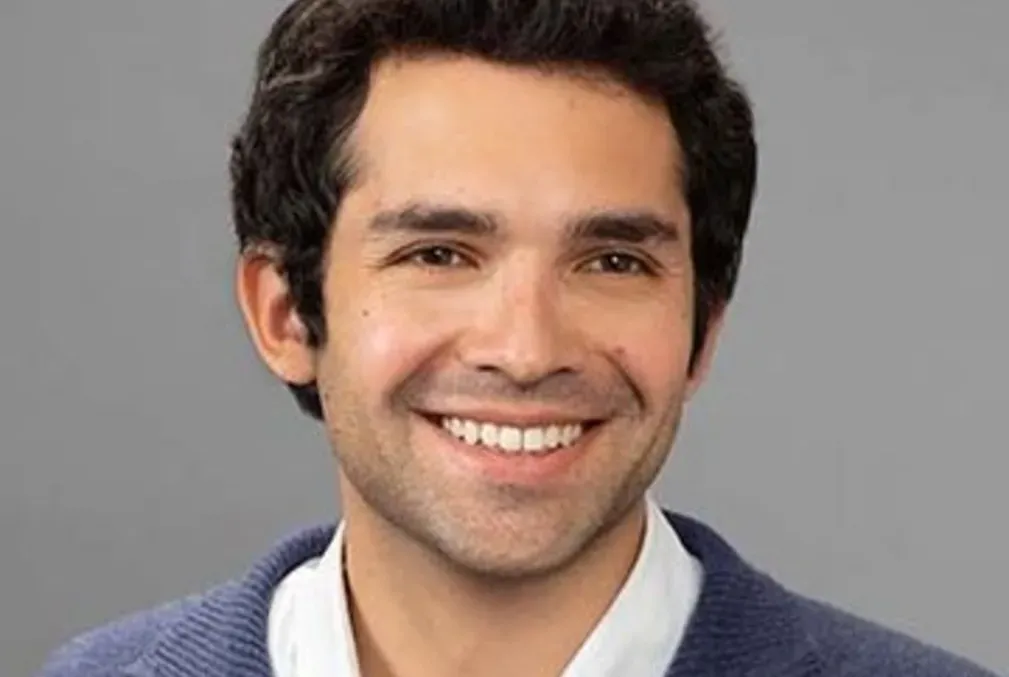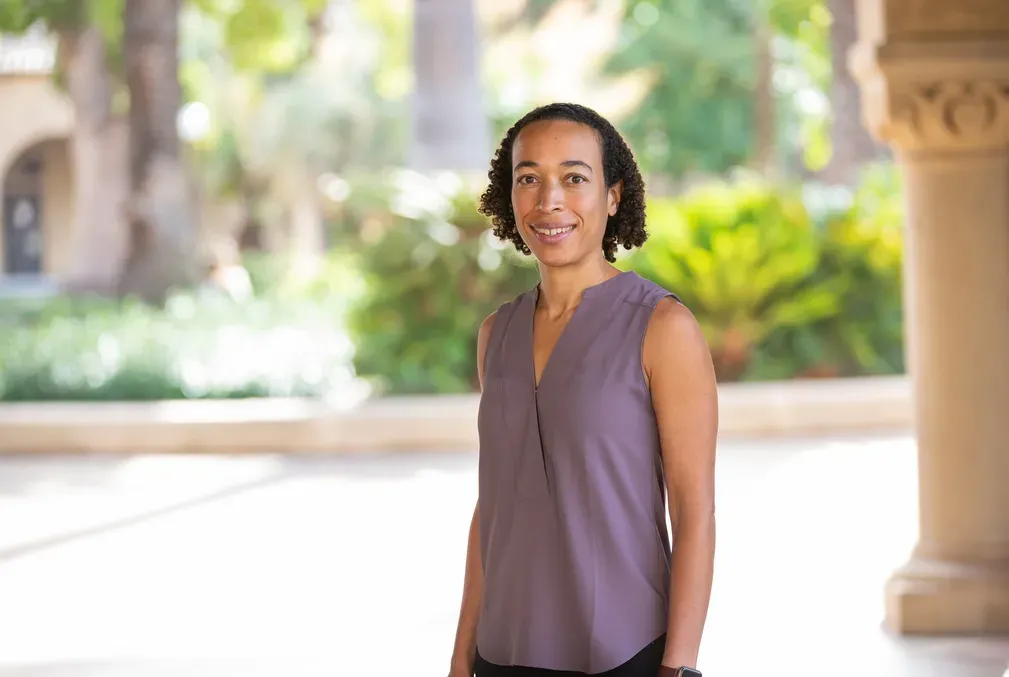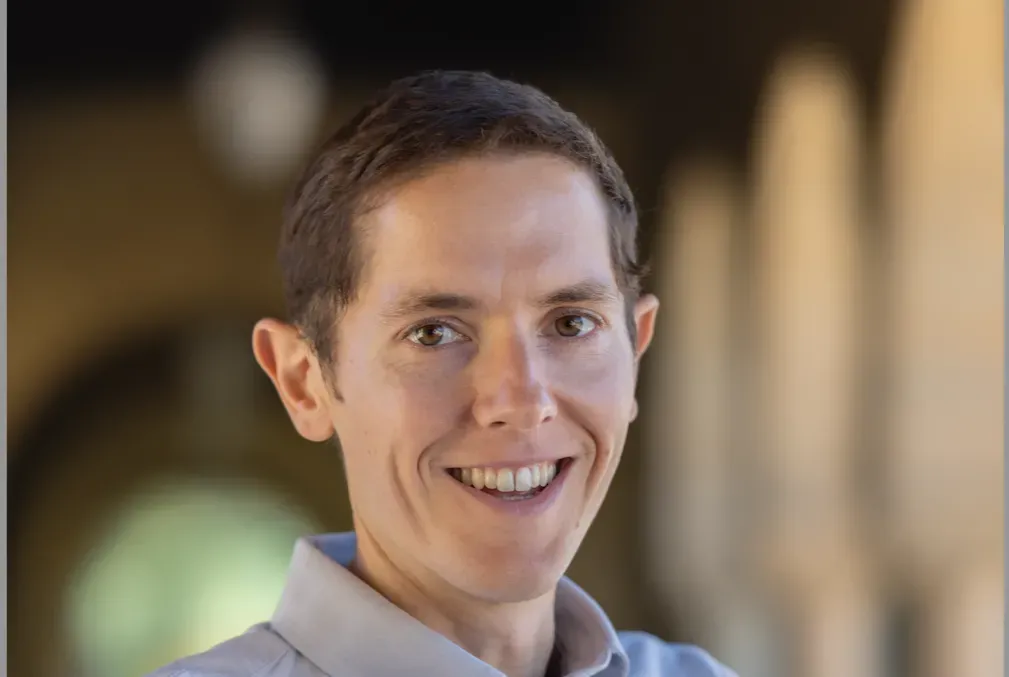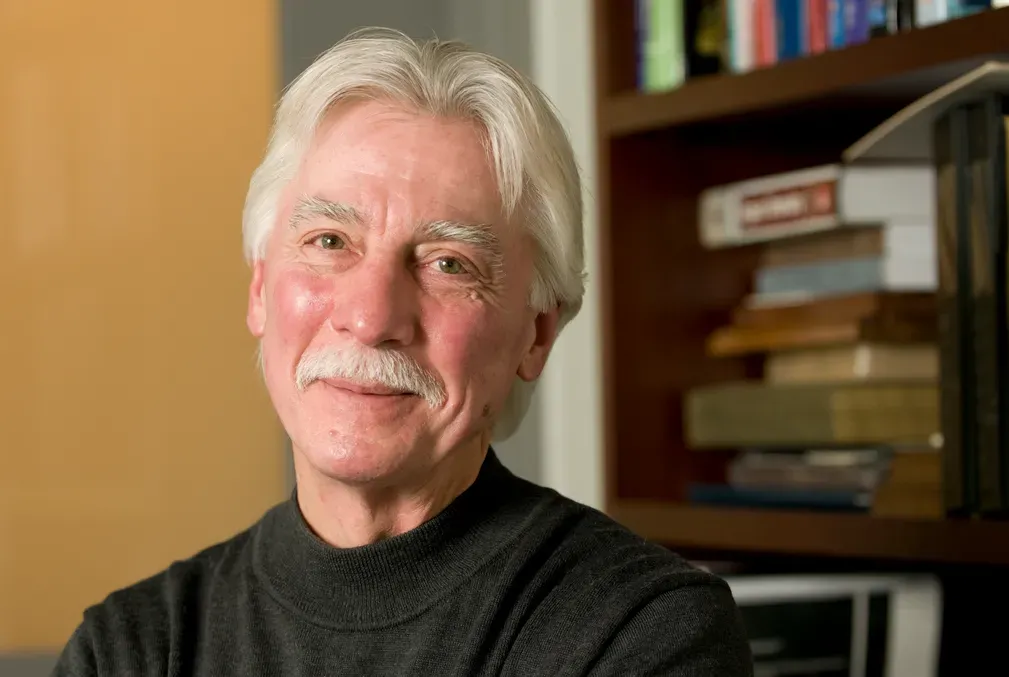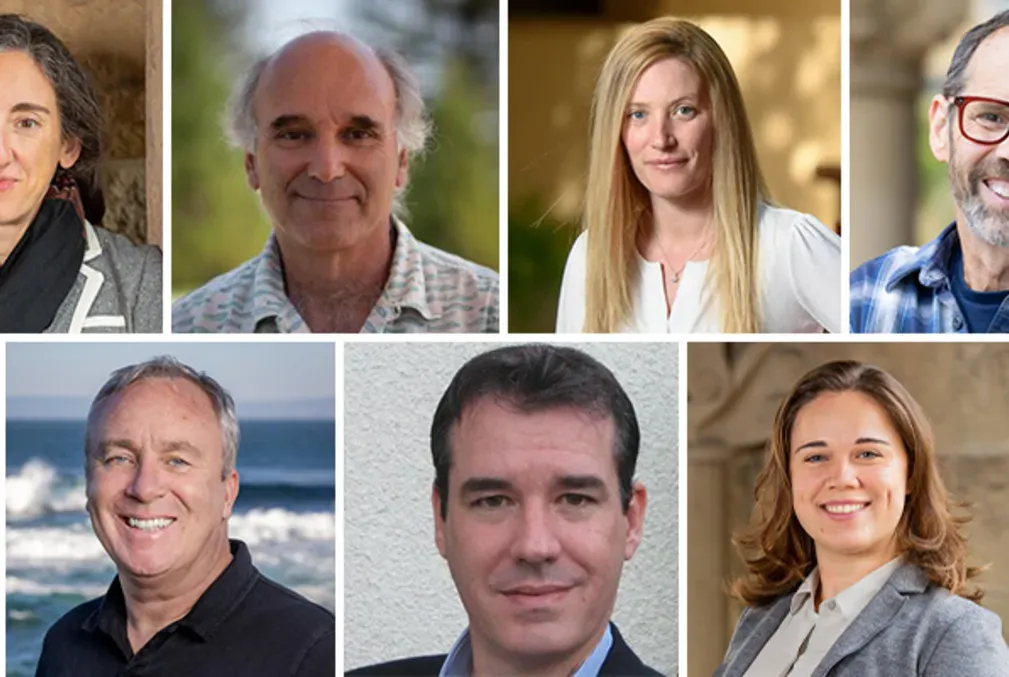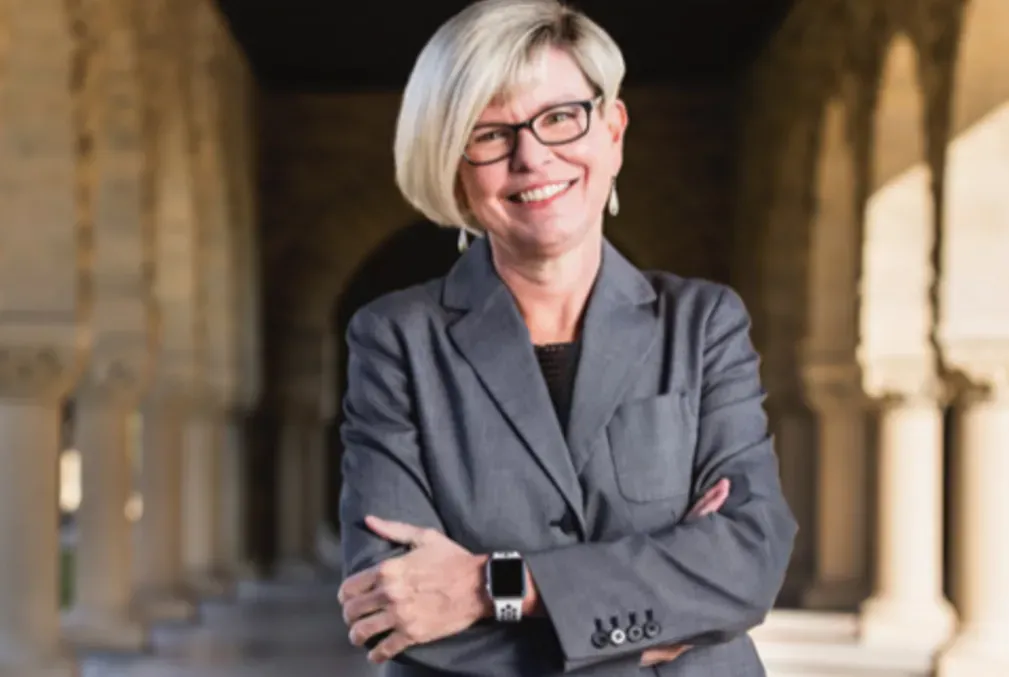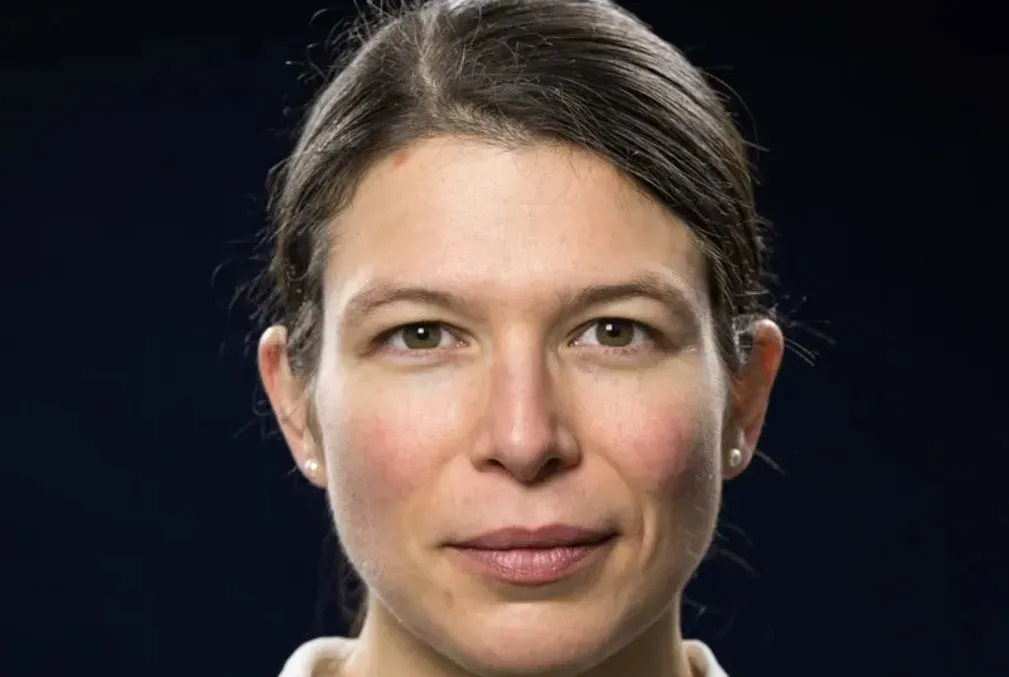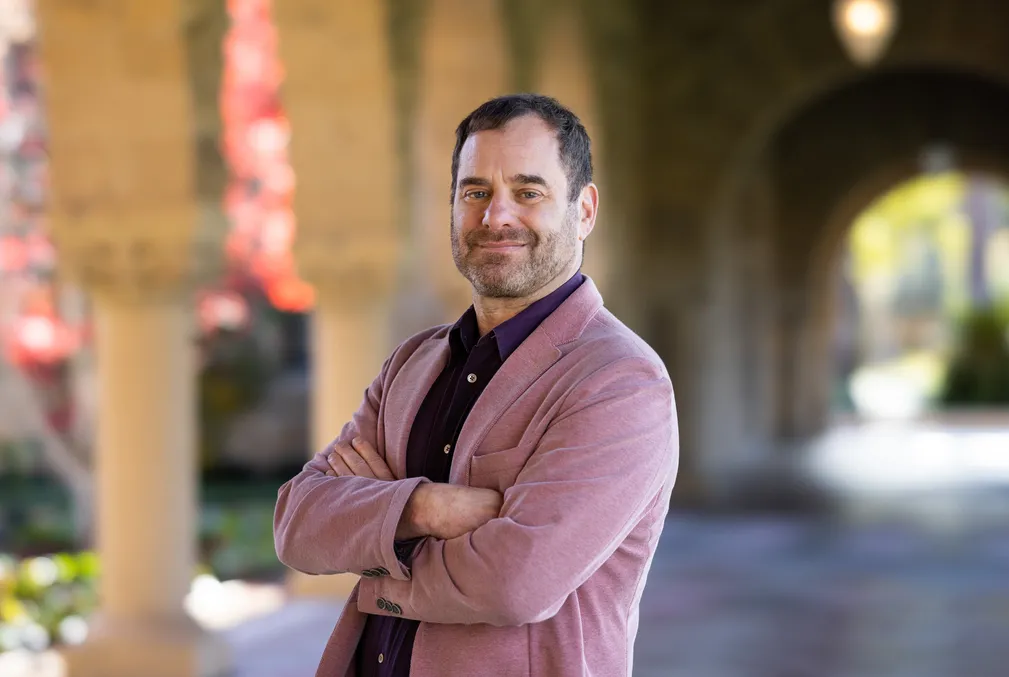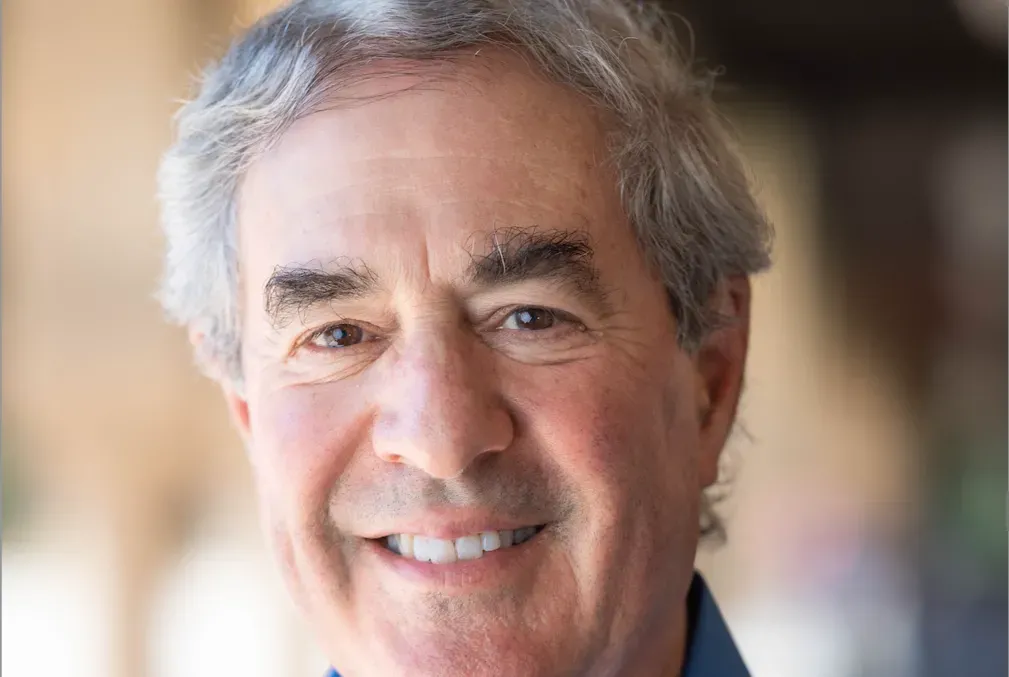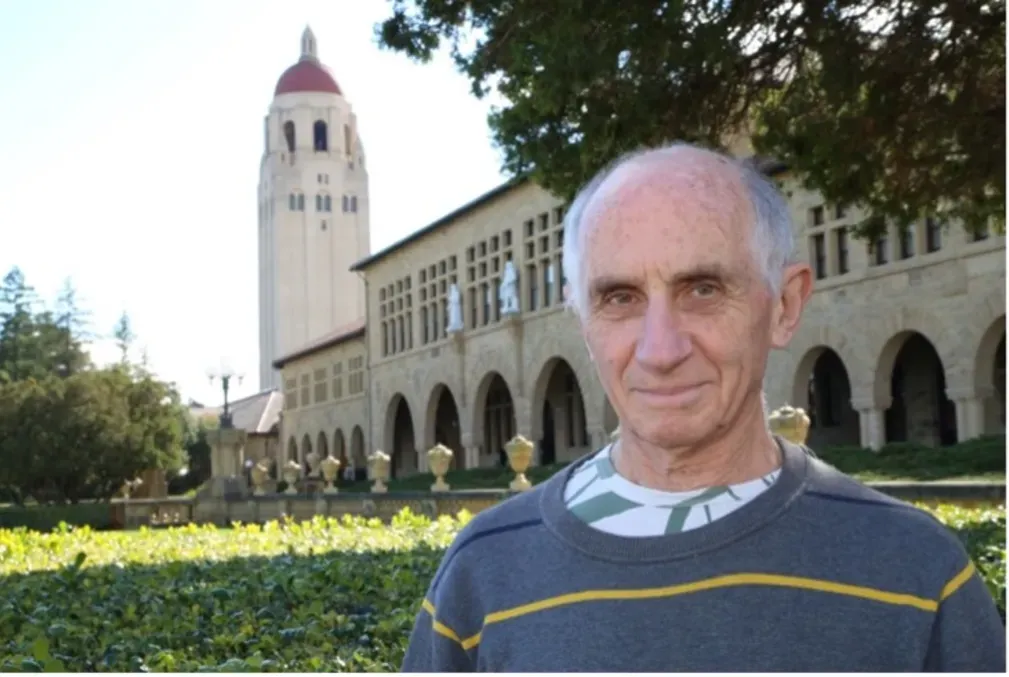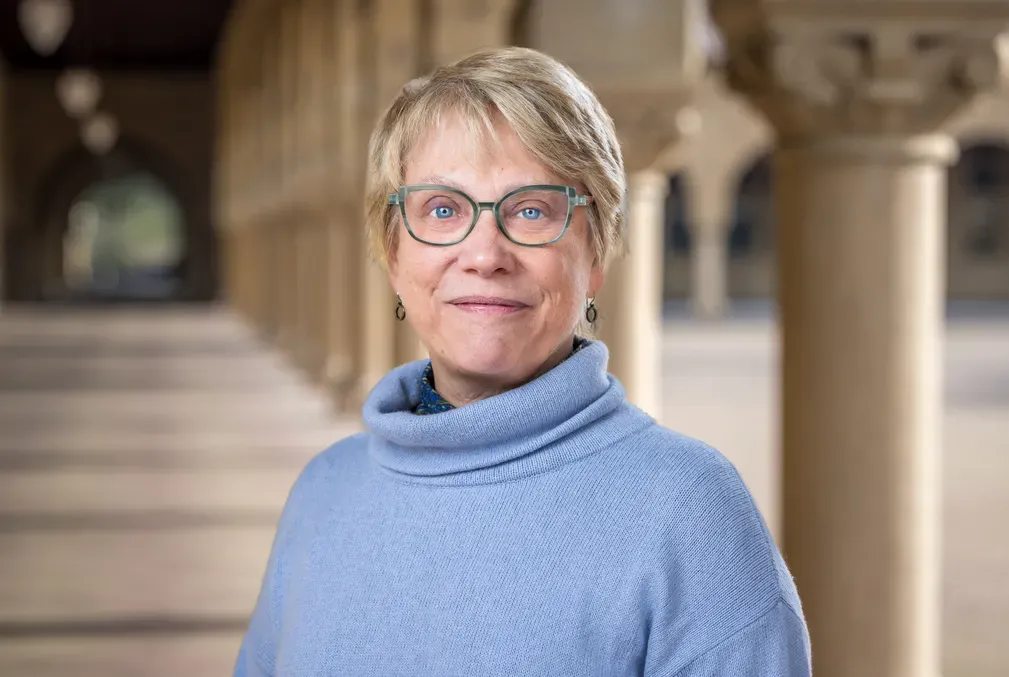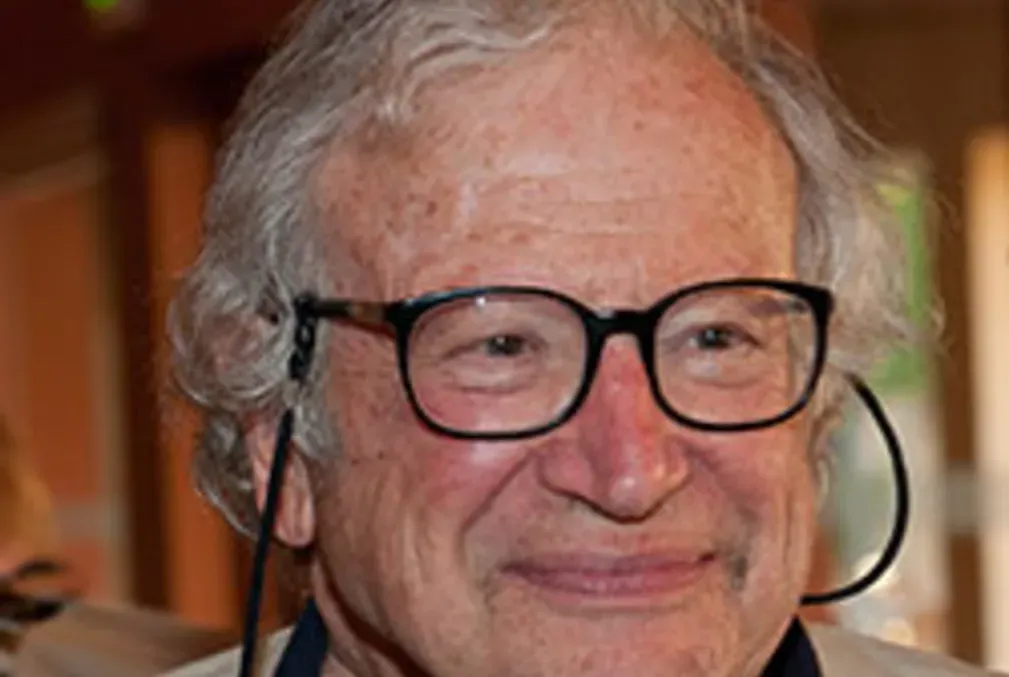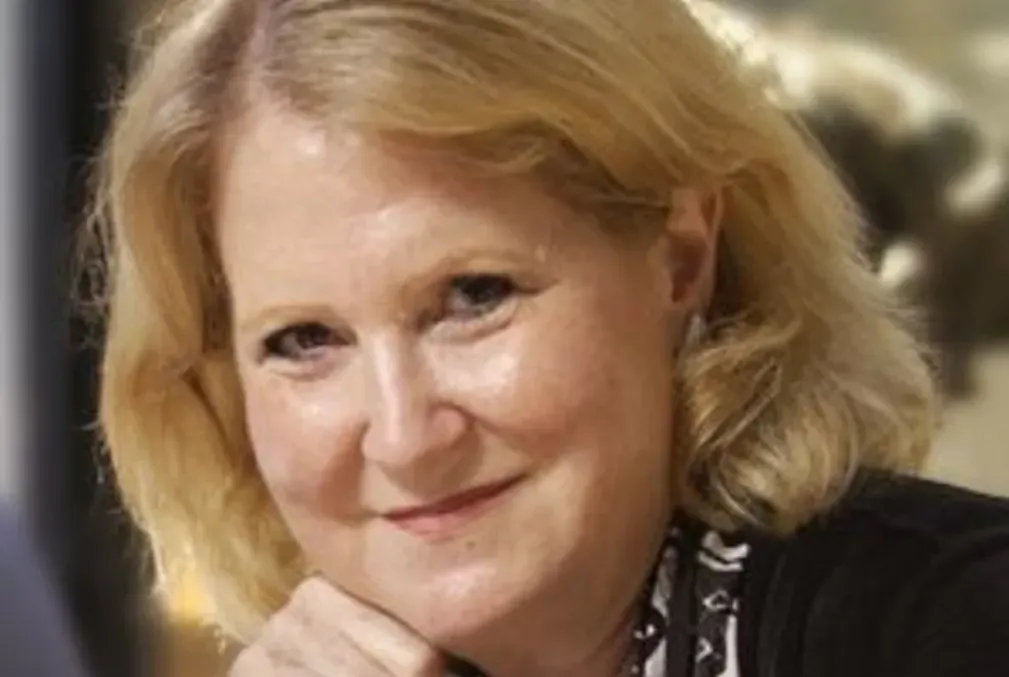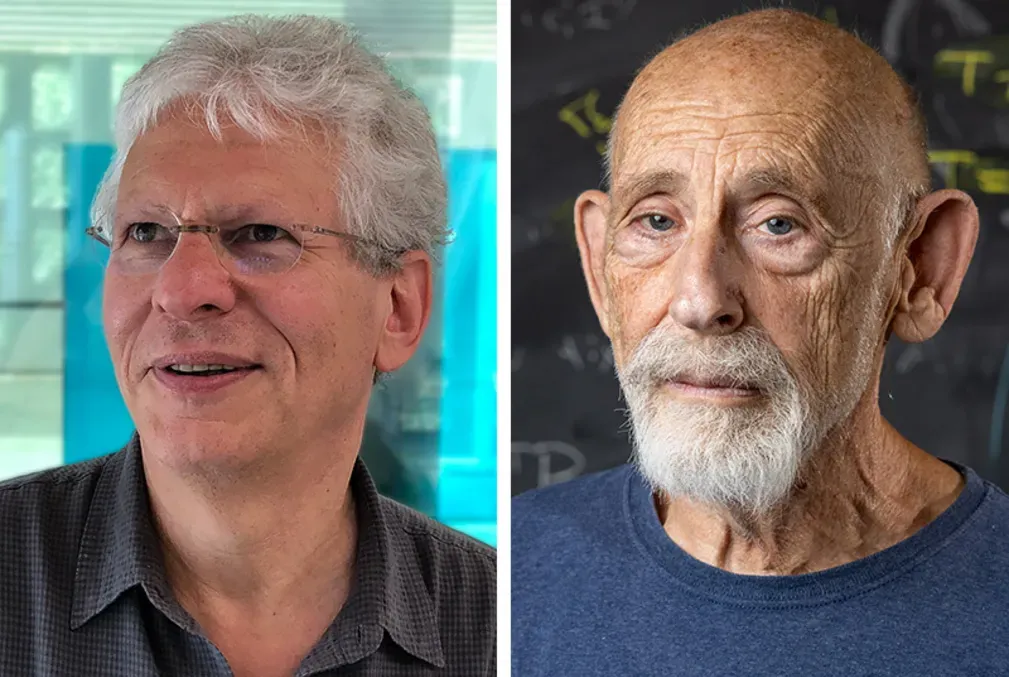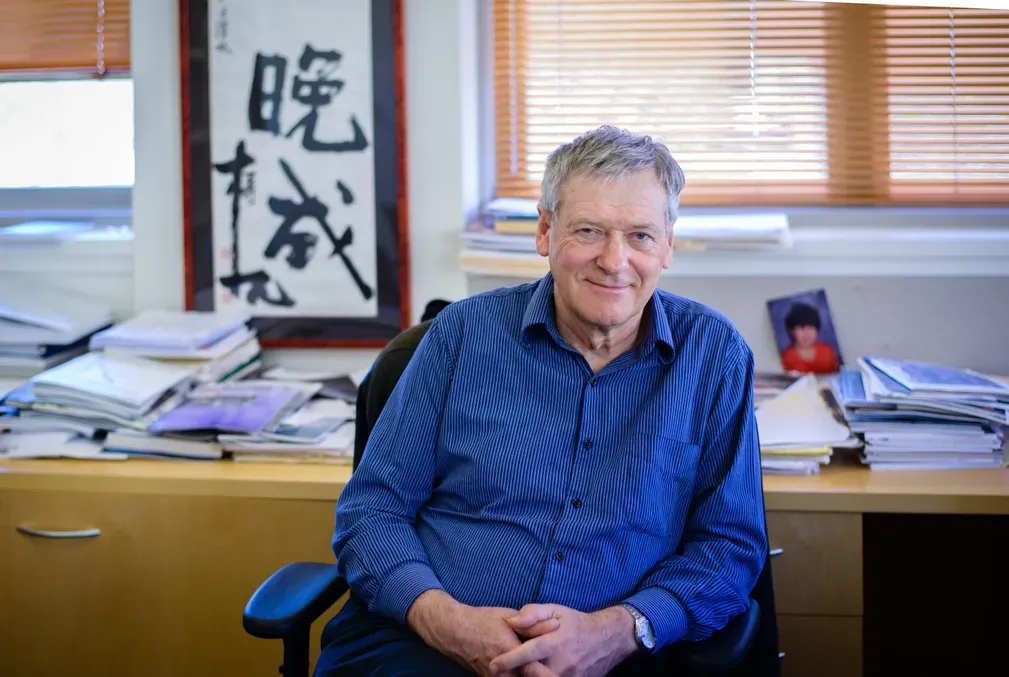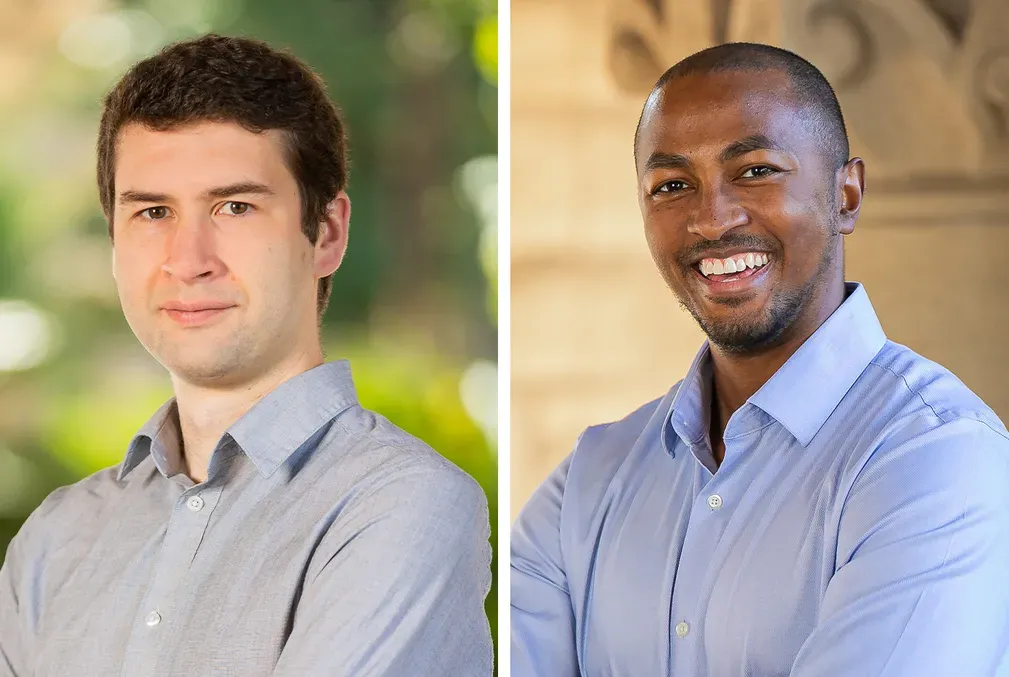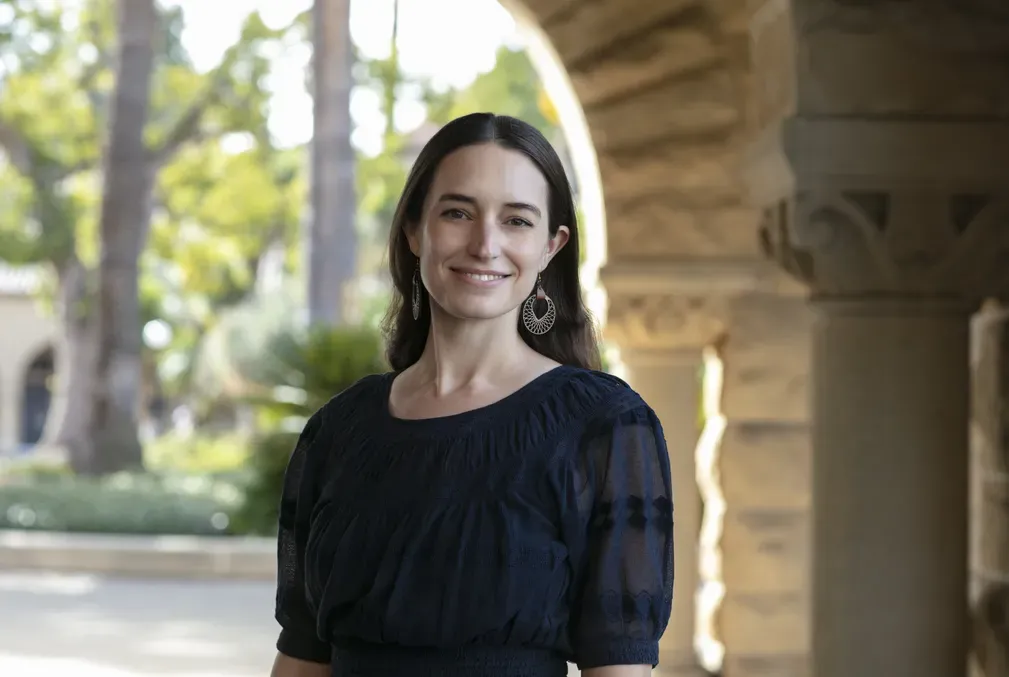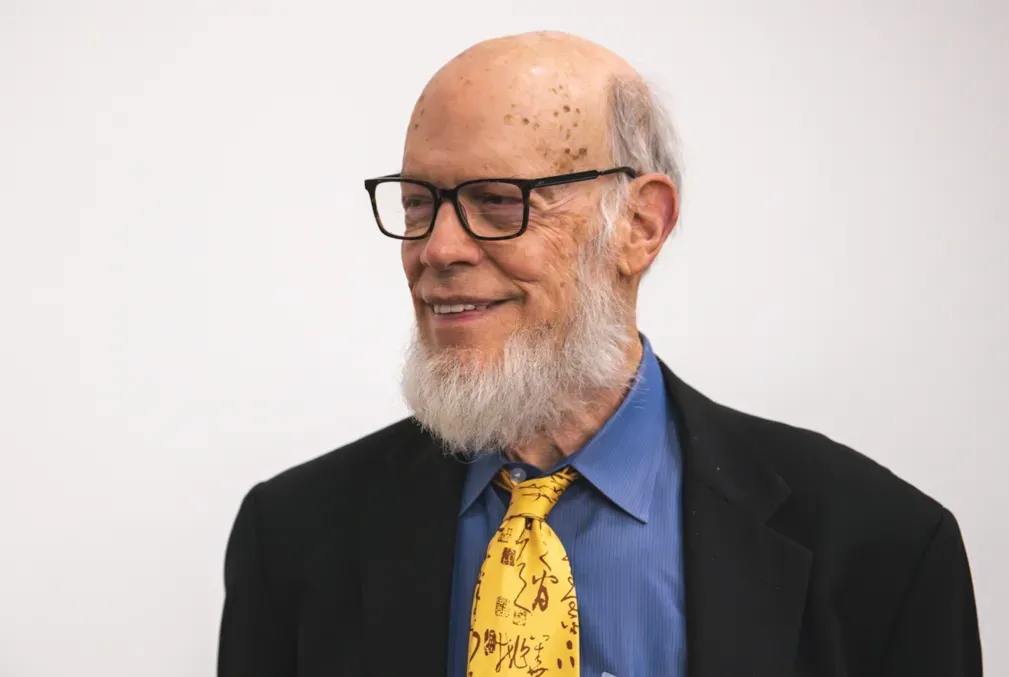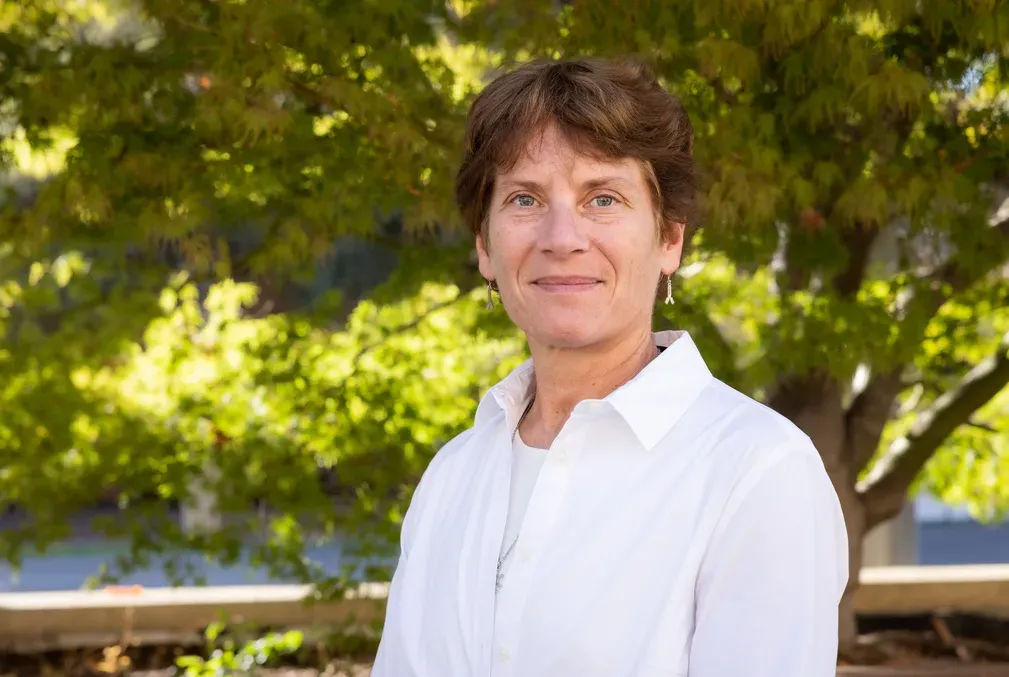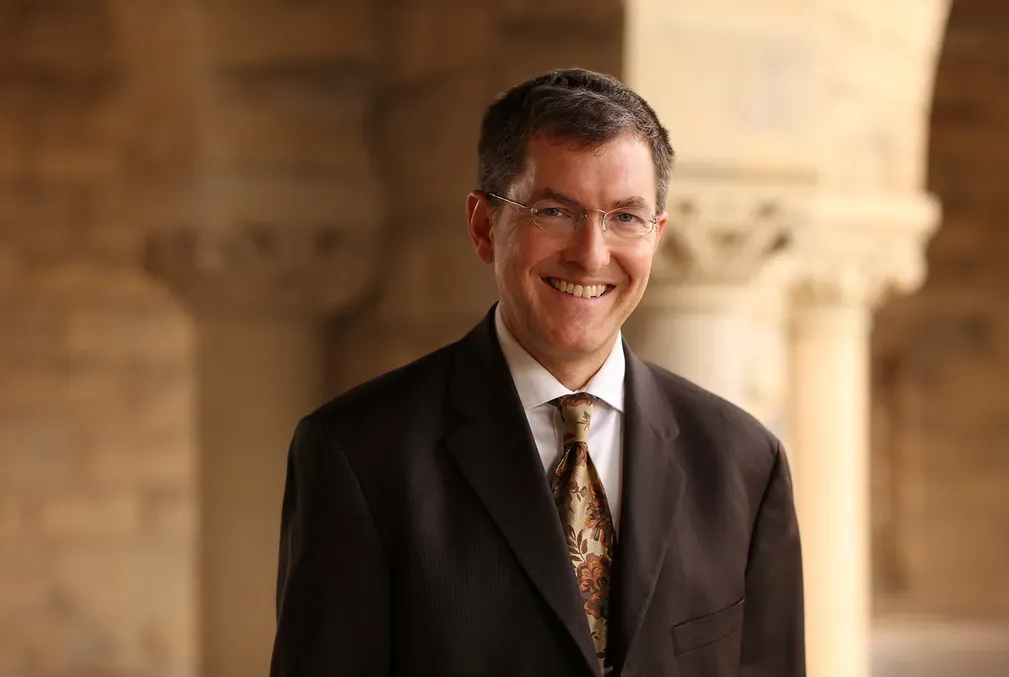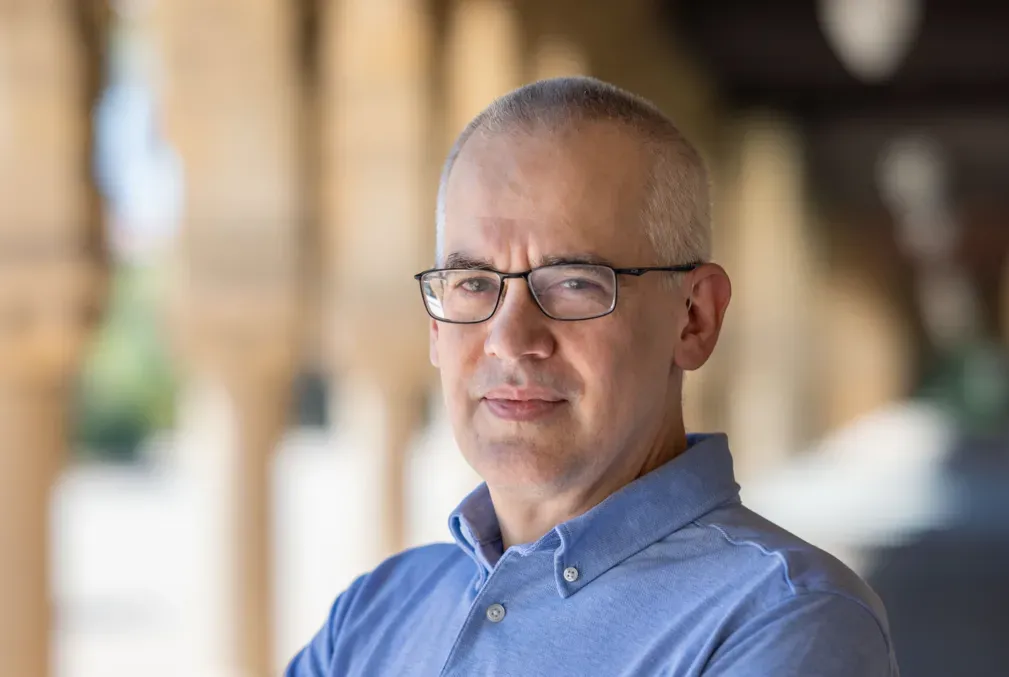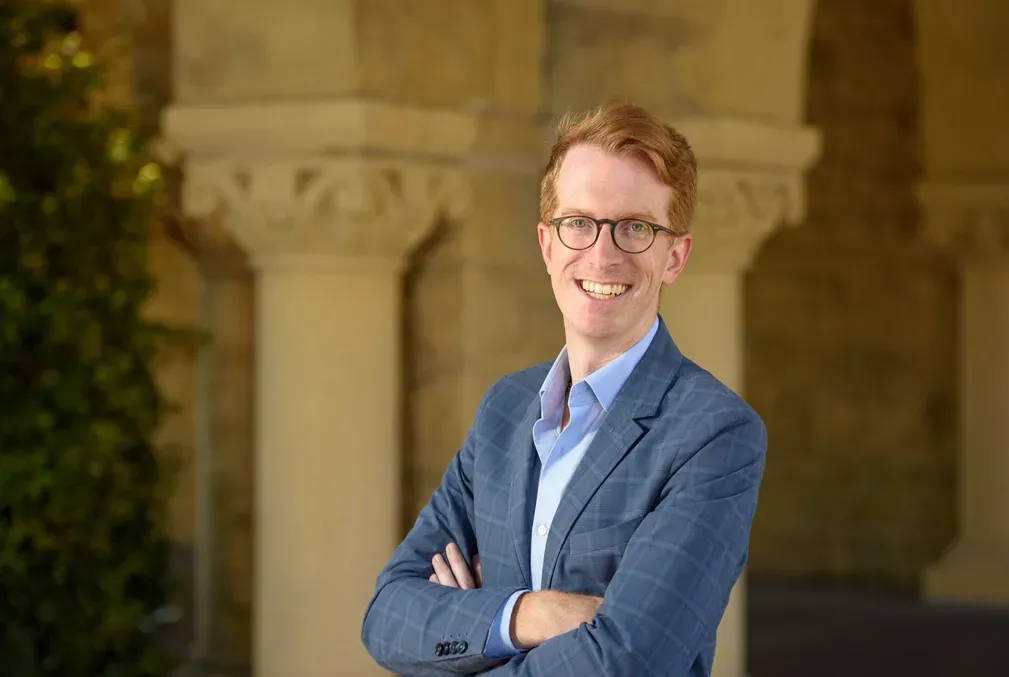Rodolfo Dirzo receives 2024 Frontiers of Knowledge Award
Stanford biologist Rodolfo Dirzo receives Frontiers of Knowledge Award for research on the extinction of species and populations.
Rodolfo Dirzo, the Bing Professor in Environmental Science in the Stanford School of Humanities and Sciences and the associate dean for integrative initiatives in environmental justice in the Stanford Doerr School of Sustainability, has received a 2024 Frontiers of Knowledge Award in Ecology and Conservation Biology from the BBVA Foundation for quantifying the scale of the ongoing sixth mass extinction of species. He shares this award equally with his colleague Gerardo Ceballos of the National Autonomous University of Mexico, UNAM.

Dirzo’s research focuses on species interactions in tropical ecosystems of Latin America, California, and other areas of the world. His research on Anthropocene defaunation—which Dirzo defined as the loss of animal species and populations as well as local declines in animal abundance—quantified the magnitude of animal declines due to human activities since the end of the ice ages to the present. This work highlights what we know and don’t know about this “sixth extinction wave” and its impacts on different taxonomic groups including vertebrates and invertebrates, particularly insects. It also details the cascading effects of these animal declines and how they can alter not only ecosystem functioning but also human health and well-being.
According to the award citation, “the two awardee ecologists have catalyzed the global study of ‘defaunation,’ a term Dirzo coined to describe the alterations causing the disappearance of animals in the structure and function of ecosystems. … His work has helped provide the ‘necessary scientific basis’ to further the adoption of evidence-led conservation measures.”
The BBVA Foundation Frontiers of Knowledge Awards recognize fundamental contributions in eight domains—basic sciences (physics, chemistry, and mathematics); biology and biomedicine; information and communication technologies; ecology and conservation biology; climate change; economics, finance and management; humanities and social sciences; and music and opera.
“It is a great honor that our work in conservation efforts is deemed to be of service for the common good,” said Dirzo, who is also a professor of biology in H&S and of Earth system science in the Doerr School of Sustainability. “Beyond what this award signifies for me, I am hopeful that this recognition may bring more visibility to the plight that the loss of biodiversity represents for the functioning of our ecosystems around the globe—and what that loss would mean for nature's life-supporting systems and the well-being of humanity.”
Since the awards were established in 2008 by the BBVA Foundation, 13 Stanford faculty have received BBVA Foundation Frontiers of Knowledge Awards in various categories.

